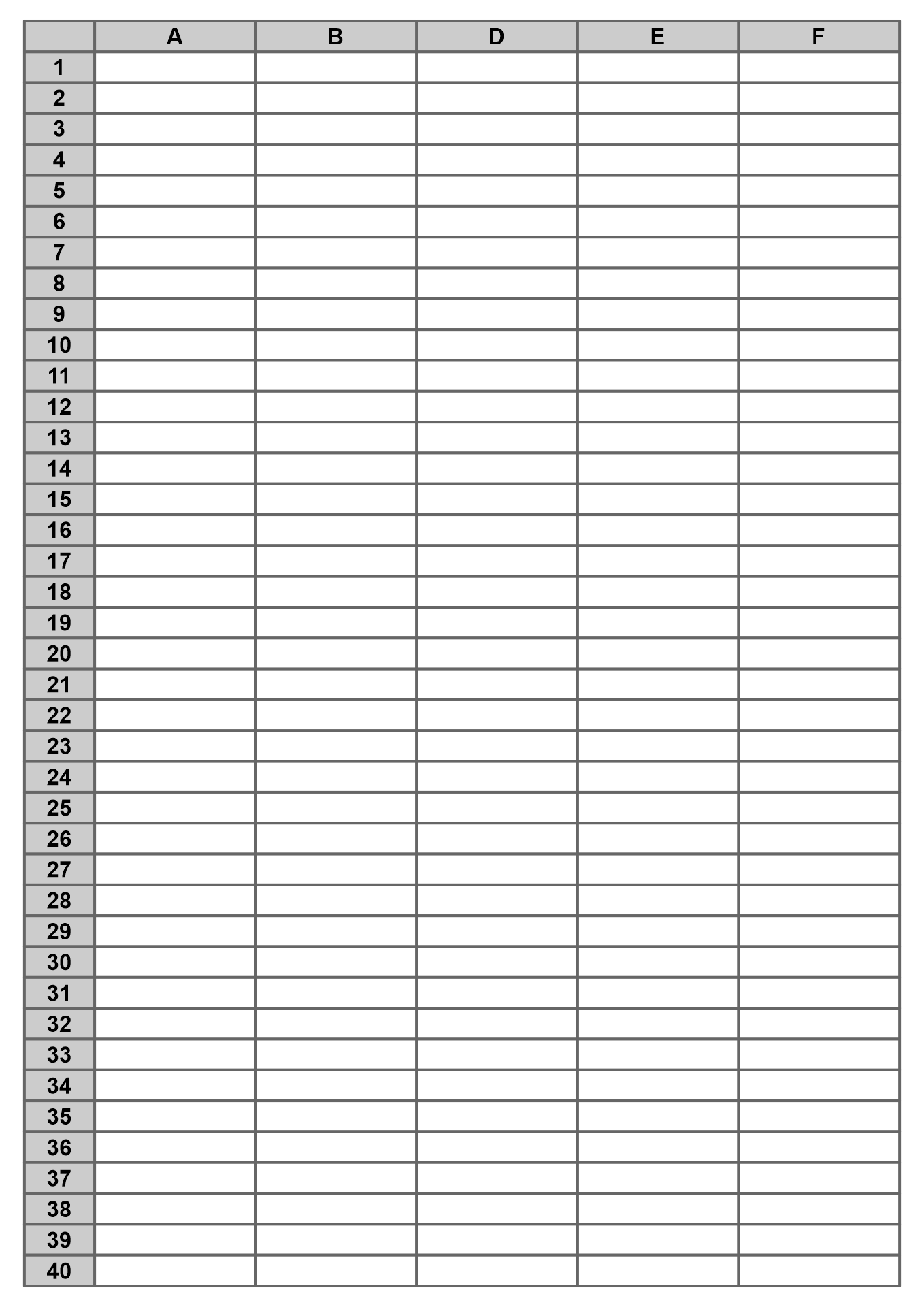The Ultimate Showdown: Google Sheets Templates vs Excel Spreadsheet Templates

When it comes to managing and analyzing data, having the right tools can make a world of difference. In today's digital age, Google Sheets and Excel have emerged as two popular options for creating spreadsheets. While excel spreadsheet templates has long been the go-to choice for many professionals, Google Sheets has rapidly gained popularity with its web-based platform and collaborative features. To enhance the functionality of these applications, both Google Sheets and Excel offer templates that can help users save time and streamline their work processes. In this article, we will compare the Google Sheets templates and Excel spreadsheet templates to determine which one provides the ultimate showdown in terms of convenience, versatility, and user-friendliness. So, let's dive in and discover which of these templates reigns supreme in the battle of the spreadsheets!
Ease of Access and Collaboration
Both Google Sheets templates and Excel spreadsheet templates offer convenient ways for users to access and collaborate on their projects.
Google Sheets templates provide users with easy access to a wide range of pre-designed templates directly within the Google Sheets application. With just a few clicks, users can browse through a vast collection of templates and find the one that best suits their needs. This streamlined access saves time and effort, allowing users to quickly get started on their projects without the need to design everything from scratch.
In terms of collaboration, Google Sheets templates shine brightly. Being a cloud-based platform, Google Sheets allows multiple users to work on a template simultaneously. This real-time collaboration feature enables team members to make edits, add comments, and view changes in real-time, fostering efficient teamwork and reducing the need for back-and-forth communication.
Excel spreadsheet templates, on the other hand, provide a different approach to ease of access and collaboration. While Microsoft offers a variety of template options on their website, users typically need to download and install the chosen template onto their local machine before using it. Once downloaded, the template can be accessed directly within the Excel application, allowing users to take advantage of its functionality.
In terms of collaboration, Excel does offer an option to share a spreadsheet with others, enabling multiple users to work on the same file. However, the collaboration features in Excel may not be as seamless and real-time as those offered by Google Sheets. Users may need to save and send updated versions of the file periodically, leading to potential version control issues and slower collaboration processes.

Overall, both Google Sheets templates and Excel spreadsheet templates provide users with access to pre-designed templates and offer collaboration capabilities. However, Google Sheets stands out with its ease of access to templates within the application and its real-time collaboration features, making it a strong contender for users who prioritize convenience and efficient teamwork.
Template Variety and Customization
When it comes to template variety and customization, both Google Sheets and Excel spreadsheet templates offer a wide range of options to cater to different needs and preferences.
Google Sheets provides users with a diverse collection of templates that cover various categories such as finance, project management, education, and more. These templates are readily available in the Google Sheets template gallery, allowing users to quickly access and use them for their specific purposes. Additionally, Google Sheets templates offer a seamless collaboration experience as they can be easily shared and edited by multiple users simultaneously.
Excel, on the other hand, also offers a vast array of templates that can be downloaded from the Microsoft Office template library. With Excel spreadsheet templates, users have the freedom to customize and adapt them to suit their individual requirements. This flexibility allows users to modify the templates according to their desired formatting, formulas, and data organization preferences.
Overall, both Google Sheets and Excel provide a significant variety of templates that cater to different industries and purposes. Whether you prefer the simplicity and collaborative features of Google Sheets templates or the customization capabilities of Excel spreadsheet templates, there is no shortage of options to choose from.
Integration and Compatibility
Google Sheets templates and Excel spreadsheet templates both offer integration and compatibility features that enhance their usability and versatility.
Built-in Integrations: Both Google Sheets and Excel provide seamless integrations with other popular productivity tools. Google Sheets integrates effortlessly with other Google Workspace applications, such as Google Docs and Google Slides. This integration allows for easy collaboration and sharing of data across different platforms. On the other hand, Excel integrates seamlessly with other Microsoft Office applications like Word and PowerPoint, enabling users to create a comprehensive suite of documents for their work or personal needs. With these built-in integrations, users can streamline their workflows and enhance productivity.
Cloud Connectivity: One of the key advantages of Google Sheets templates is their cloud-based nature. As part of Google Drive, Sheets offers real-time collaboration and automatic saving, making it easy to access and update templates from anywhere, on any device. This cloud connectivity ensures that users always have the latest version of their templates and can work together in real-time with colleagues or collaborators. Excel, on the other hand, offers cloud connectivity through the Microsoft OneDrive platform, allowing users to access their templates on multiple devices and sync changes across platforms. This enables seamless workflow management and enhances productivity, particularly for remote or distributed teams.
File Compatibility: When it comes to compatibility, both Google Sheets and Excel provide options for saving and exporting files in various formats. Google Sheets supports import and export in popular formats such as Microsoft Excel (.xlsx), Comma-Separated Values (.csv), and Portable Document Format (.pdf), ensuring hassle-free compatibility with different software. Excel, as the industry-standard spreadsheet application, offers extensive file compatibility, allowing users to import and export files in numerous formats, including Google Sheets (.gsheet), OpenDocument Spreadsheet (.ods), and more. This broad compatibility ensures that users can easily share and collaborate on templates across different platforms and software applications.
In conclusion, both Google Sheets templates and Excel spreadsheet templates excel in terms of integration and compatibility. While Google Sheets emphasizes cloud connectivity and real-time collaboration, Excel offers extensive file compatibility and seamless integration within the Microsoft Office suite. The choice between the two would depend on the specific needs and preferences of individual users or teams.
